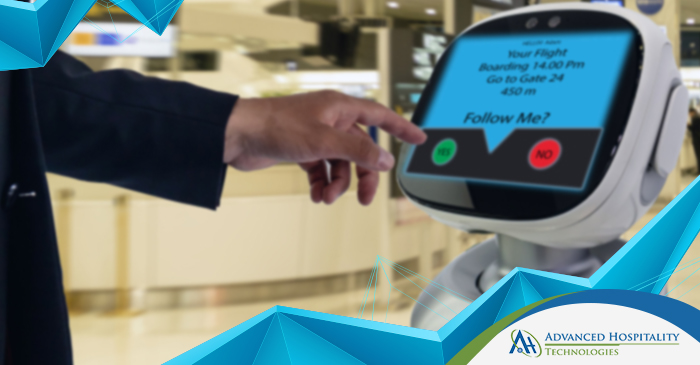Guest information security is an integral part of the hotel operations, especially due to the fact that hospitality industry has been a prime target for cyber-attacks in the past. Hotels have been a continued target of such attacks due to the sheer data hotels store on their systems such as guest details and credit card information which the attackers obtain for identity theft and credit card fraud.
The business model of hotels requires for a lot of card payments. Guests pay through their debit and credit cards not only for their rooms but also for restaurants, bars, and other facilities at the hotel. The hotels have credit card details of a lot of guests at their databases. These details are also stored across various systems and software packages. This data is susceptible to the cyberattacks, also the POS (Point of Sale) terminal of the hotels is a prime target for cybercriminals. Many of the cyberattacks on hotel properties and have been initiated through the POS system of the property.
Causes for Data Breaches
The foremost cause in any lapses in data security is primarily due to human error. Untrained or overworked staff can be a serious liability for the data security in a hotel. Many of the incidences of data breaches in the past has been in some part due to human negligence; a small, overlooked detail or some unconscious misstep can cause serious ramifications.
Frequent changes in staff can also cause lapses in data security, as the people handling the guest cards and credentials are changed frequently it becomes harder to keep them well trained. As there are a lot of seasonal or temporary workers in hospitality industry it is quite a challenge for the hotels to train their staff adequately.
Also, the complexity of management structure can be a factor in resulting vulnerabilities in data security. The layers of management can cause multiple systems to store data and movement of this data across multiple systems can weaken the sanctity of data security. For example, a hotel can be owned by an owner, franchised by another party and can be operated by another Hotel Management Company. All these parties may be using different software packages, and the data may be moved across and stored all these various systems, this makes it difficult to ensure the safety of data. This is where hotel technology management plays a crucial role in ensuring the data security.
Another cause of lapses in data security is the non-implementation of data security standards and policies such as PCI-DSS, these protocols are essential for hotel data security and lapse in implementation of these policies can result in hefty fines on the property and in serious lapses the privilege of a property to process card payments may be revoked.
How to Ensure Prevention of Data Breaches
Data encryption is extremely vital for hotels, it is essential to protect guest data and prevent any digital security breach. Hospitality industry was and still is continuously targeted by hackers and many previous incidences has been due to the lack of data encryption at property’s end. Hospitality industry, in the recent years, have witnessed growing awareness regarding data encryption to enhance digital safety, and various strategies have been implemented in various hotels.
Continuous training of the hotel staff is required to prevent any such incidences, the staff needs to be well aware of the best practices and protocols. Also, they need to be proficient in handling sensitive guest data to ensure its safety. Organizations can also limit the insider threat by limiting access to sensitive data to trusted employees only and by implementing multi-factor authentication for users who have access to such data.
With the abundance of technology for hotels in current market, hotels have plenty of options available for the security of their databases. It provides protection against most common cyber-attacks and provides layer of protection against any malware. Hotels also need to constantly test their infrastructure for any loopholes.
It is crucial for hotels to implement and maintain PCI DSS compliant systems and processes to ensure the safety and security of sensitive financial information. Adherence to PCI DSS standards helps to protect both the hotel and its guests from financial loss and damage to reputation, by reducing the risk of a data breach or credit card fraud. Additionally, many card issuing companies require merchants to comply with PCI DSS standards, and failure to do so can result in fines, increased transaction fees and loss of the ability to accept credit card payments.
Conclusion
With the hospitality industry relying mostly on card or cashless payments it is imperative that the hotels ensure implementation of policies and protocols for increased data security. With the advancements in hotel data security the cyberattacks are also expected to become more sophisticated with time. Hence, the hospitality industry also needs to stay a step ahead and incorporate more measures for data security.




